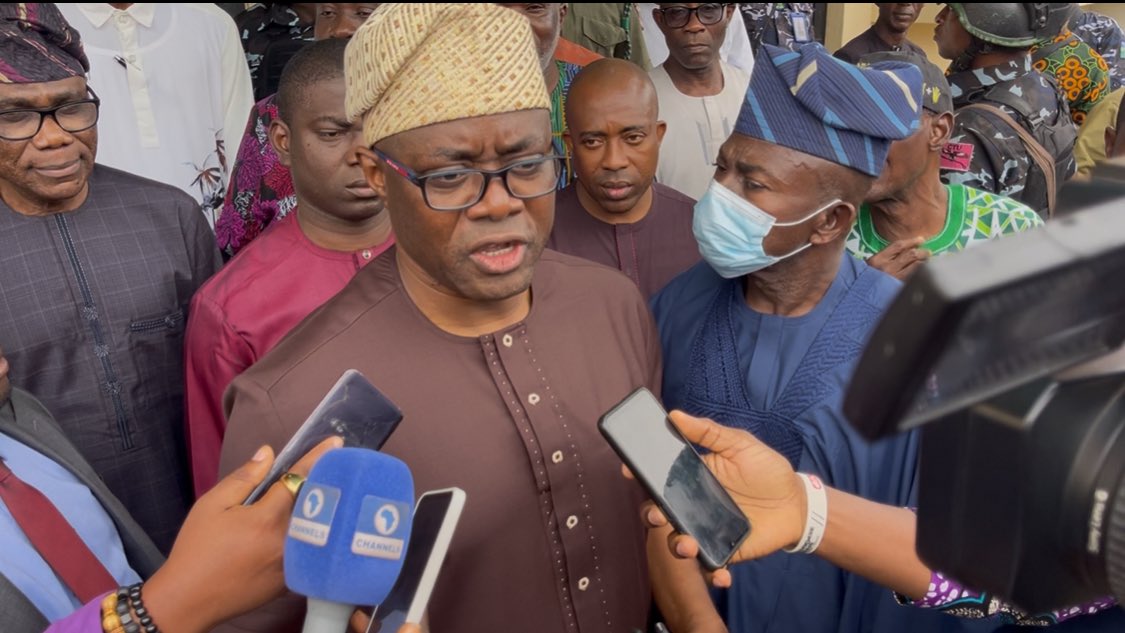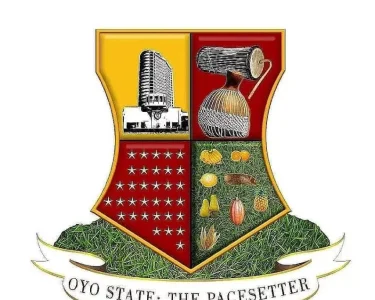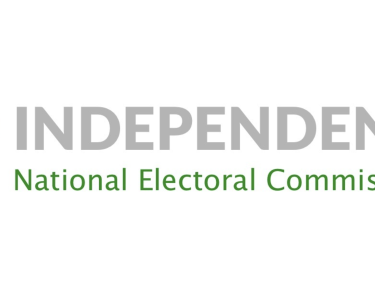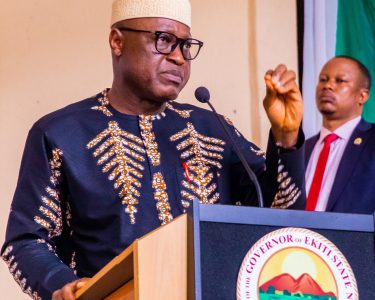Makinde says ADC coalition poses no threat to PDP dominance
Summary
- Oyo Governor reaffirms loyalty to PDP, rejects defection talk
- Describes PDP’s internal rift as a “leaking roof”, urges repairs
- Dismisses Atiku-led coalition as recycled politicians with no new ideas
- South-West PDP distances itself from ADC alliance, rallies for unity
Ibadan, Nigeria – Governor Seyi Makinde of Oyo State has firmly declared that the emerging coalition of opposition figures rallying around the African Democratic Congress (ADC) poses no threat to the Peoples Democratic Party (PDP), especially in the South-West region.
Speaking during and after the PDP South-West Zonal Caucus meeting held in Ibadan on 11 July 2025, Makinde reaffirmed his loyalty to the party, rejected any notion of defection, and criticised the coalition as lacking both credibility and direction.
His remarks come amid growing defections from the PDP to the ADC coalition, reportedly spearheaded by former Vice President Atiku Abubakar and including political heavyweights such as former Senate President David Mark. The group has coalesced around the ADC to mount a united challenge to President Bola Tinubu’s expected re-election bid in 2027.
Notably, Governors Sheriff Oborevwori of Delta State and Umo Eno of Akwa Ibom, alongside the Delta PDP structure and former Vice President Ifeanyi Okowa, have already shifted allegiances. Others, such as former Jigawa Governor Sule Lamido, while still officially within the PDP, have expressed support for the coalition.
In response, Makinde struck a tone of defiance and reassurance, declaring, “We will stay inside there and fix it and let the people know we are responsible leaders and we have the interest of the people at heart.” He urged members not to desert the party in times of difficulty, but instead to work towards reform from within.
He likened the PDP’s internal troubles to a house with a leaking roof: “You can’t abandon your house because of a leaking roof. The PDP is built on solid foundations… It is our responsibility to fix the leaks, reinforce the foundation, and ensure the house remains standing.”
Makinde questioned the credibility of the new coalition, dismissing its leading figures as political nomads: “Coalition is not a threat to the PDP. Who are these people? They have been in PDP or APC before. What are their antecedents? Have they changed or do they now have something new to offer?”
He framed the 2027 election as a defining moment for Nigeria, stating that it would be “a battle between Nigerians and the APC”, with the PDP positioned as the vehicle for national redemption.
The South-West PDP Caucus, jointly led by Makinde and Governor Ademola Adeleke of Osun State, issued a communique reaffirming its loyalty to the PDP and distancing itself from the ADC-led coalition. It stated unequivocally, “We are not part of any coalition. The PDP in the South-West remains intact and strongly aligned with the mission to rescue Nigeria from the grips of the APC.”
The caucus further praised the leadership of Makinde and Adeleke in ensuring regional party stability, while urging national party organs to remain focused on preparations for the upcoming convention. It also raised concerns about worsening insecurity and economic hardship under the APC government, calling for the release of withheld local government allocations in Osun State.
However, despite Makinde’s confident tone, the PDP in Oyo State has recently faced internal tensions. On 7 July, Seun Adelore, a former PDP chairman in Ibadan North and Makinde’s ally, resigned from the party. Citing “deep-seated injustice” and a culture of imposition, Adelore protested the selection of Folajimi Oyekunle, Makinde’s deputy chief of staff, as the consensus candidate for an upcoming by-election.
Critics on social media have also called out Makinde’s previous involvement in the G5, a PDP faction led by Nyesom Wike that openly opposed the party’s leadership during the 2023 election cycle. One user commented, “Makinde once left the same house when it began to leak with Wike. He has no moral basis for urging PDP members not to join the coalition.”
Still, Makinde’s remarks suggest he sees himself as a stabilising force in a time of upheaval. He called for unity and collective responsibility among stakeholders, asserting, “Let us fix the roof together and keep this house strong for the future.”
While Makinde’s leadership in the South-West remains strong, the national outlook for the PDP is clouded by internal divisions, high-profile defections, and rising discontent. Whether the party can present a unified front in 2027 may hinge on its ability to reconcile internal grievances, rebuild public trust, and offer a compelling alternative to the ruling APC.
Makinde’s messaging may resonate with loyalists and those wary of frequent political party-switching, but the impact of the ADC coalition, led by familiar figures yet potentially energised by a shared sense of urgency, remains to be seen.







